John Broome0521642752, 9780521642750, 9780511011924, 0521644917
Table of contents :
Cover……Page 1
Half-title……Page 3
Title……Page 5
Copyright……Page 6
Contents……Page 7
Preface……Page 9
1.1 Economics and ethics……Page 11
1.2 The preference-satisfaction theory……Page 13
1.3 Liberalism versus a theory of good……Page 15
1.4 The formal techniques……Page 18
1.5 Think comparatively……Page 19
1.6 The value of life……Page 21
1.7 Outline of the volume……Page 24
Part I Preference and value……Page 27
2.1 Usefulness……Page 29
2.2 Axiomatic utility theory……Page 31
2.3 Expected utility theory……Page 33
2.4 Sen’s usage……Page 36
2.5 The best usage……Page 38
3.1 Introduction……Page 39
3.3 Extended preferences and interpersonal comparisons of good……Page 40
3.4 Harsanyi’s causal argument……Page 42
3.5 The causal determination of extended preferences……Page 43
3.6 The causal determination of good……Page 47
3.7 Ordinalism and goodness for a person……Page 50
3.8 From individual orderings to interpersonal orderings?……Page 51
4.1 Introduction……Page 54
4.2 The pure method of evaluation……Page 55
4.3 The market price method of evaluation……Page 58
4.4 The present prices of future commodities……Page 62
4.5 Discounting in the market price method……Page 67
4.6 Commodities that should not be discounted……Page 70
4.7 Disenfranchised generations……Page 73
4.8 Imprudence……Page 75
4.9 Conclusion……Page 77
5.1 Moderate and extreme Humeans……Page 78
5.2 A difficulty facing moderate Humeans……Page 80
5.3 A Non-Humean response……Page 83
5.4 A Humean response……Page 85
5.5 The nature and epistemology of preferences……Page 87
5.6 Knowing preferences by perception……Page 89
5.7 Knowing preferences by their effects……Page 91
5.8 Knowing preferences by evaluation……Page 93
5.9 Conclusion……Page 96
Part II The structure of good……Page 99
6.1 Introduction……Page 101
6.2 The utilitarian theorem……Page 102
6.3 The ex-post approach……Page 104
6.4 Introduction to the Bolker–Jeffrey theory……Page 106
6.5 Decision versus valuation……Page 112
6.6 The utilitarian theorem in the Bolker–Jeffrey theory……Page 116
6.7.Conclusions……Page 118
7.1 Choosing between candidates……Page 121
7.2 The facts about fairness……Page 122
7.3 Claims……Page 124
7.4 What claims require……Page 126
7.5 Claims and lotteries……Page 129
7.6 Other accounts of fairness……Page 131
8.1 Indeterminate comparatives……Page 133
8.2 Standard configurations……Page 134
8.3 No indeterminacy……Page 137
8.4 Hard indeterminacy……Page 138
8.5 The collapsing principle……Page 140
8.6 Soft indeterminacy……Page 141
8.7 Incomparable truth values……Page 143
8.8 Supervaluation……Page 146
8.9 Ordinary comparatives are softly indeterminate……Page 148
8.10 Other views……Page 151
8.10 Conclusion……Page 153
9.1 The idea of incommensurability……Page 155
9.2 The standard configuration……Page 157
9.3 Definitions……Page 158
9.4 Is there incommensurability?……Page 161
9.5 Rough equality……Page 162
9.6 Vagueness……Page 163
9.7 Practical decision making……Page 164
9.8 A puzzle……Page 166
9.9 Bayesianism……Page 167
9.10 Reasons and intentions……Page 168
10.1 Utility theory and betterness……Page 172
10.2 The idea of absolute goodness……Page 174
10.3 Reducible senses of goodness……Page 176
10.4 Naturalism……Page 177
10.5 The evil of death and the value of life……Page 180
Part III The value of life……Page 185
11 Trying to value a life……Page 187
12.1 Introduction and an example……Page 193
12.2 The unstructured approach……Page 195
12.3 The structured approach……Page 198
12.4 Arguments for the two approaches……Page 201
12.5 What is best and what ought to come about……Page 202
12.6 Valuing existence……Page 204
13.1 Introduction……Page 206
13.2 Individual preferences……Page 207
13.3 Quality adjustment factors in the representation of preferences……Page 208
13.4 A cardinal measure of good?……Page 211
13.5 Qalys as a measure of good……Page 213
13.6 Quality adjustment factors in the measure of good……Page 215
13.7 Comparisons between people……Page 217
13.8 Problems of existence……Page 218
13.9 Summary……Page 220
Derivation of the discounted-qaly maximizing equation (1)……Page 221
Comments on Pliskin, Shepard, and Weinstein……Page 222
14.1 Examples……Page 224
14.2 The problem……Page 227
14.3 Two mistaken views……Page 230
14.4 The principle of personal good……Page 234
14.5 Conclusion……Page 236
15.1 The basic intuition……Page 238
15.2 The constituency principle and counterexamples……Page 239
15.3 Intransitive betterness……Page 242
15.4 Conditional betterness……Page 244
15.5 Relative betterness……Page 248
2 ‘UTILITY’……Page 253
4 DISCOUNTING THE FUTURE……Page 254
5 CAN A HUMEAN BE MODERATE?……Page 256
6 BOLKER–JEFFREY EXPECTED UTILITY THEORY AND AXIOMATIC UTILITARIANISM……Page 258
9 INCOMMENSURABLE VALUES……Page 260
10 GOODNESS IS REDUCIBLE TO BETTERNESS: THE EVIL OF DEATH IS THE VALUE OF LIFE……Page 261
13 QALYS……Page 262
15 THE VALUE OF A PERSON……Page 264
Bibliography……Page 266
Index……Page 273
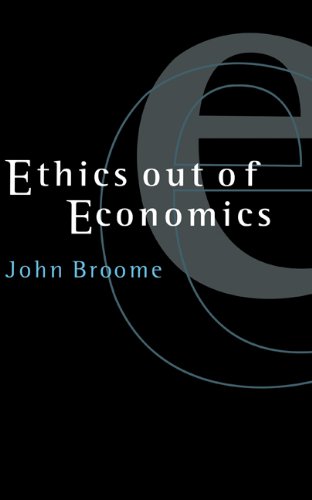
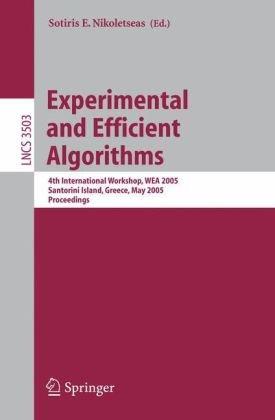
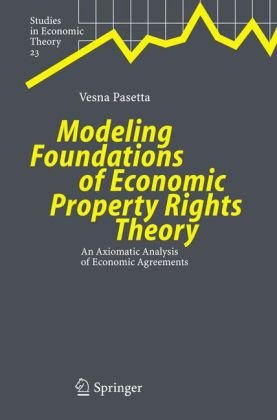
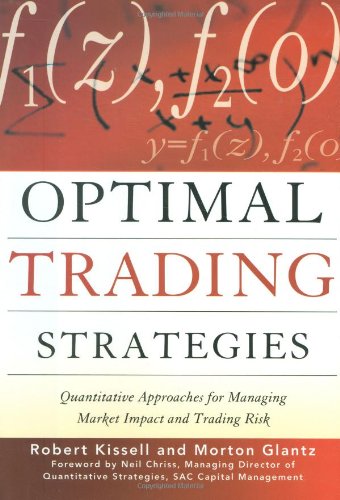

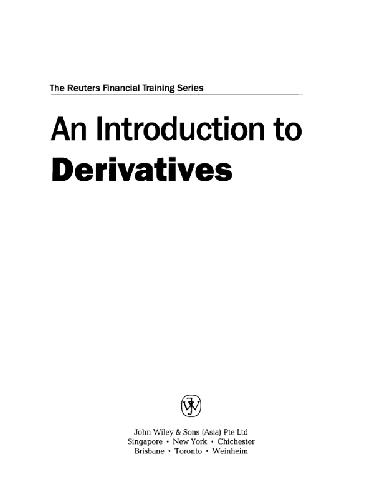

Reviews
There are no reviews yet.